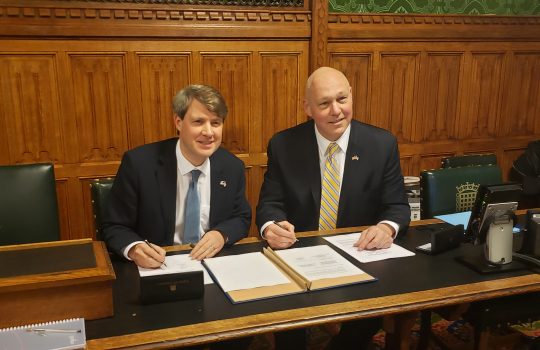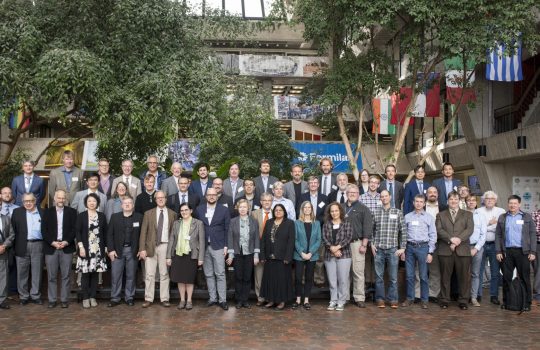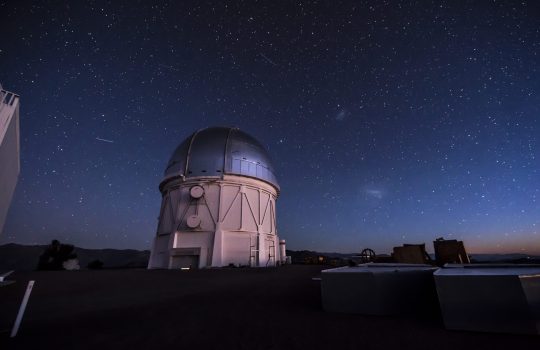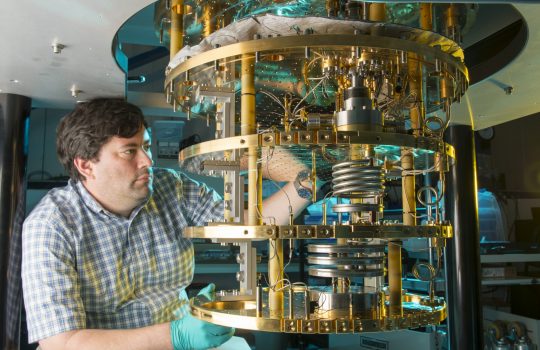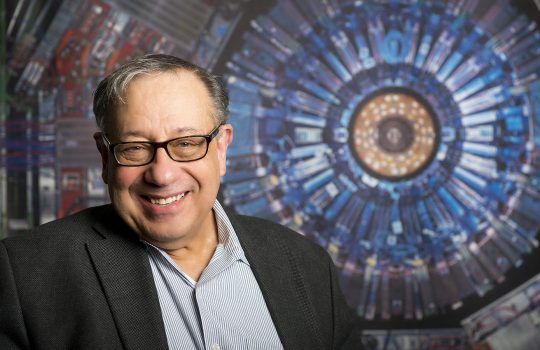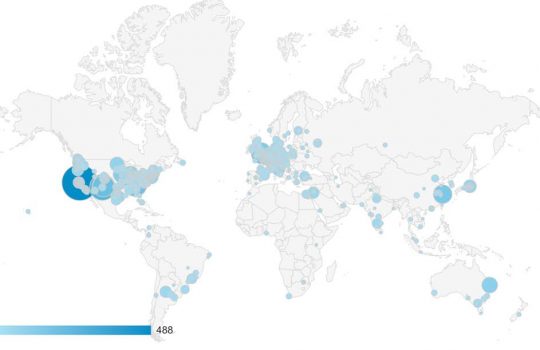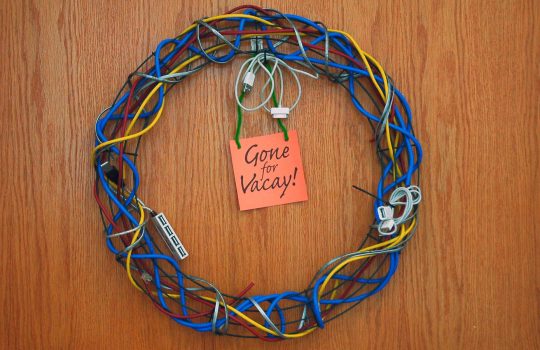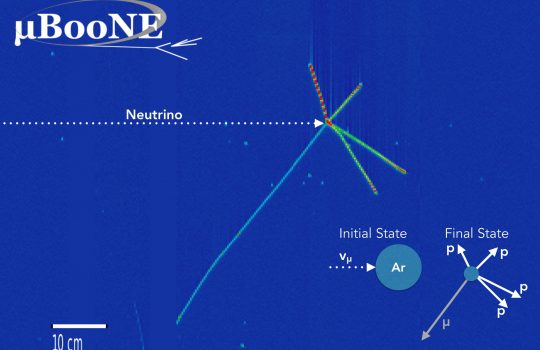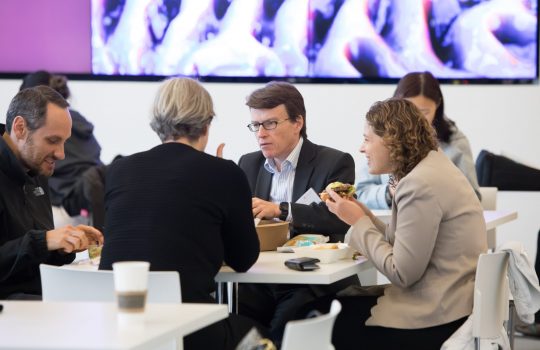On background
To some degree, scientists on all of today’s particle physics experiments share a common challenge: How can they pick out the evidence they are looking for from the overwhelming abundance of all the other stuff in the universe getting in their way? Physicists refer to that stuff — the unwelcome clamor of gamma rays, cosmic rays and radiation crowding particle detectors — as background. They deal with background in their experiments in two ways: by reducing it and by rejecting it.


